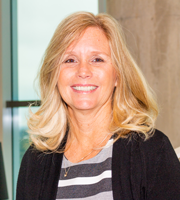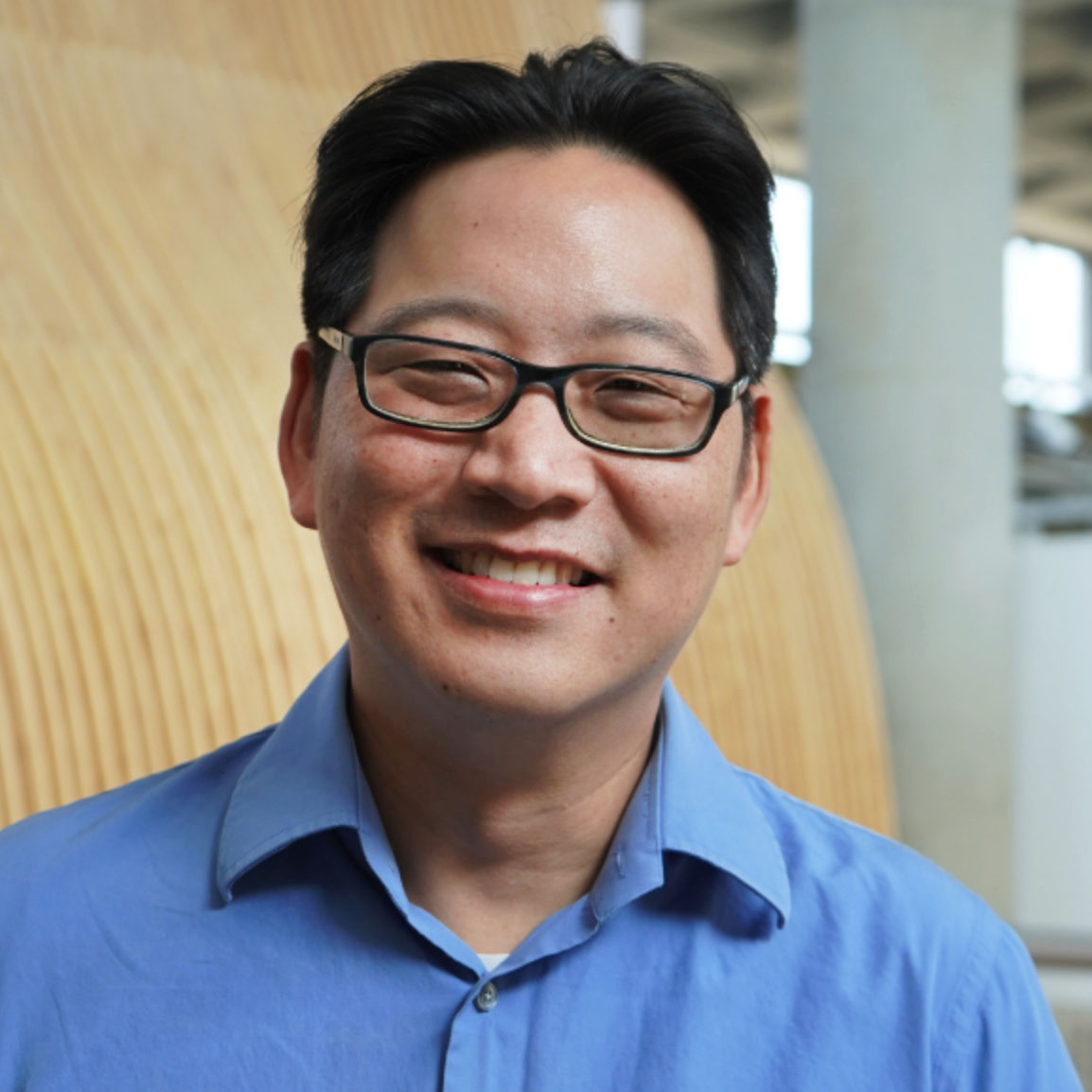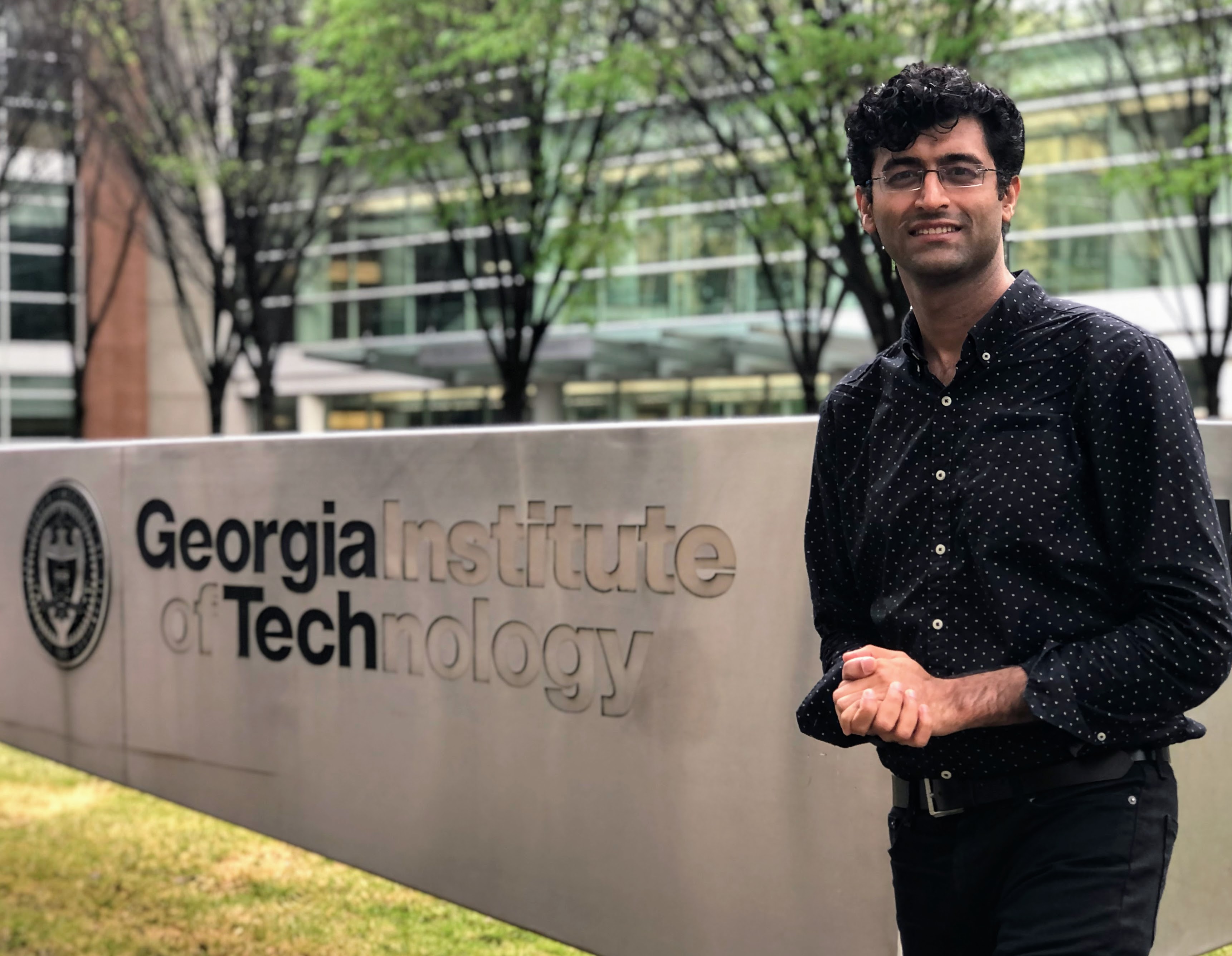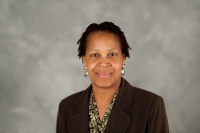Kristi Kirkland

Conducts Research on Various Issues; Opportunities; Challenges Associated with Fundamental Transformation in Enterprises

Conducts Research on Various Issues; Opportunities; Challenges Associated with Fundamental Transformation in Enterprises

Cynthia Moore is assistant director for business operations at the Institute for People and Technology. She has over a decade of experience at Georgia Tech, previously serving as director of Institute Diversity's OMED: Educational Services. She provided oversight and leadership of programs and initiatives that address the academic transition, retention, and academic success of underrepresented students in STEM. Moore also oversaw various initiatives at OMED, including the Tower Awards, an annual celebration of student diversity and academic success. She began her Georgia Tech career in Business Services where she was responsible for administrative and financial management.

Jennifer Gahee Kim is an Assistant Professor in the School of Interactive Computing at the Georgia Institute of Technology. She holds a Ph.D. in Computer Science from the University of Illinois at Urbana-Champaign. Dr. Kim’s research interests lie in human-computer interaction and digital health, where she investigates how social and health information systems can be designed to promote diversity, advocacy, and empathy. With her research, she is especially passionate about impacting the lives of neurodiverse people and the communities around them.
Research Areas:
Human-Computer Interaction (HCI); Computer-Supported Cooperative Work (CSCW); Digital Health; Neurodiversity

David White leads the Office of Academic Administration, which provides academic advising for the BS and MS degrees in Computer Science. Mr. White coordinates the schedule of classes with the College's three Schools and the Division of Computing Instruction, and works with the College's Technology Services Organization to provide student information systems. He also frequently represents the College on academic initiatives, including the Institute's steering committee for Complete College Georgia.
As Executive Director of the Online MS in Computer Science, Mr. White works closely with the faculty, many Georgia Tech administrative departments, and Udacity to ensure the goals and responsibilities of the program are met.
Mr. White came to Georgia Tech in 2001 as a student in the MS program in Human-Computer Interaction. He began working full time for the College of Computing in 2004 as academic advisor for the MS in Human-Computer Interaction and the BS in Computational Media. Since that time he has also served as Academic Programs Coordinator for the School of Interactive Computing and Director of Graduate Programs for the College.
Mr. White has a BA in English from The University of Tennessee at Knoxville and the MS in Human-Computer Interaction from Georgia Tech.

Wayne K. Li is the James L. Oliver Professor, which is a joint position between the Colleges of Design and Engineering. Through classes and the Innovation and Design Collaboration (IDC), he leads joint teaching initiatives and advances interdisciplinary collaboration between mechanical engineering and industrial design. Endowed by School of Industrial Design alumnus James L. Oliver, II (BS ID 1965, ME 1967), the Oliver professor embodies the idea of "multidisciplinary." Li teaches students that design behavior bridges the language and ideological gap between engineering and design. Li’s research areas include ethnographic research, multidisciplinary online education, and human-machine interaction in transportation design.
Previously, Li led innovation and market expansion for Pottery Barn seasonal home products, was an influential teacher in Stanford University’s design program where he taught visual communication and digital media techniques, led “interface development” in Volkswagen of America’s Electronics Research Laboratory, and developed corporate brand and vehicle differentiation strategies at Ford Motor Company.
He received a Master of Science in Engineering from Stanford University, and undergraduate degrees in Fine Arts in Design and Mechanical Engineering from the University of Texas at Austin.

Jason Borenstein, Ph.D., is the Director of Graduate Research Ethics Programs and Associate Director of the Center for Ethics and Technology. His appointment is divided between the School of Public Policy and the Office of Graduate Studies. He is also Affiliated Faculty at the Institute of Robotics and Intelligent Machines (IRIM). Dr. Borenstein is an associate editor of the journal Science and Engineering Ethics, a Founding Editor of the journal AI and Ethics, co-editor of the Stanford Encyclopedia of Philosophy’s Ethics and Information Technology section, and an editorial board member of the journal Accountability in Research. He is also Editor for Research Ethics for the National Academy of Engineering's Online Ethics Center for Engineering and Science. He was the Founder and formerly Editor-in-Chief of the Journal of Philosophy, Science & Law. Dr. Borenstein’s research interests include bioethics, engineering ethics, robot ethics, and research ethics.
He is currently a Co-Principal Investigator (Co-PI) on a five-year project funded by the National Science Foundation (NSF) entitled "Institutional Transformation: The Role of Service Learning and Community Engagement on the Ethical Development of STEM Students and Campus Culture". He is a Co-PI on the NSF-funded “Fairness, Ethics, Accountability, and Transparency (FEAT) in Computer and Information Science and Engineering Workshop” that took place August 29 and 30, 2019 on Georgia Tech's campus. He is also a Co-PI on the NSF-funded project “Do the Right Thing: Competing Ethical Frameworks Mediated by Moral Emotions in Human-robot Interaction" and on the NSF-funded project "EAGER: Pilot Study on Bias and Trust in AI Systems". In addition, he is a Co-PI on the Mozilla Responsible Computer Science Challenge funded project “Cultivating an Ethics-Inclusive Mindset Through Role Play in Undergraduate Computer Science Courses”. His work has appeared in numerous professional journals including AI & Society, Communications of the ACM, Science and Engineering Ethics, Ethics and Information Technology, IEEE Transactions on Technology and Society, IEEE Technology & Society Magazine, Accountability in Research, and the Columbia Science and Technology Law Review.
Dr. Borenstein’s teaching and research interests include robot & artificial intelligence ethics, engineering ethics, research ethics/RCR, and bioethics.

Animesh Garg is a Stephen Fleming Early Career Assistant Professor at School of Interactive Computing at Georgia Tech. He leads the People, AI, and Robotics (PAIR) research group. He is on the core faculty in the Robotics and Machine Learning programs. Animesh is also a Senior Researcher at Nvidia Research. Animesh earned a Ph.D. from UC Berkeley and was a postdoc at the Stanford AI Lab. He is on leave from the department of Computer Science at University of Toronto and CIFAR Chair position at the Vector Institute.
Garg earned his M.S. in Computer Science and Ph.D. in Operations Research from UC, Berkeley. He worked with Ken Goldberg at Berkeley AI Research (BAIR). He also worked closely with Pieter Abbeel, Alper Atamturk & UCSF Radiation Oncology. Animesh was later a postdoc at Stanford AI Lab with Fei-Fei Li and Silvio Savarese.
Garg's research vision is to build the Algorithmic Foundations for Generalizable Autonomy, that enables robots to acquire skills, at both cognitive & dexterous levels, and to seamlessly interact & collaborate with humans in novel environments. His group focuses on understanding structured inductive biases and causality on a quest for general-purpose embodied intelligence that learns from imprecise information and achieves flexibility & efficiency of human reasoning.
Robot Learning3D Vision and Video ModelsCausal InferenceReinforcement LearningCurrent Applications: Mobile-Manipulation in Retail/Warehouse, personal, and surgical robotics

Kala Jordan, research scientist at the Institute for People and Technology (IPaT), brings a wealth of academic achievement and professional expertise to her role. She holds a bachelor’s degree in biology with a specialized focus on cellular, molecular, and developmental biology, coupled with a master of science in health informatics, Kala's educational background underscores her multidisciplinary approach to research. Her professional endeavors are underscored by a diverse spectrum of research interests, spanning from healthcare system innovation, STEM education, and data analysis. At present, Kala is immersed in supporting the AI Institute for Collaborative Assistance and Responsive Interaction for Networked Groups (AI-CARING) project. In this capacity, she spearheads studies aimed at bolstering the development of personalized collaborative AI systems tailored to enhance the quality of life for older adults. In addition to her pivotal role within the AI-CARING project, Kala actively contributes to STEM @ GTRI’s rural education initiative. Here, she assumes a multifaceted role, providing direct instruction and contributing to curriculum development in various facets of computer science for high school students. Through, her multifaceted research efforts and educational outreach, Kala Jordan exemplifies a consummate professional dedicated to leveraging cutting-edge technology and empirical insights to address pressing societal challenges and empower individuals through education and innovation.

